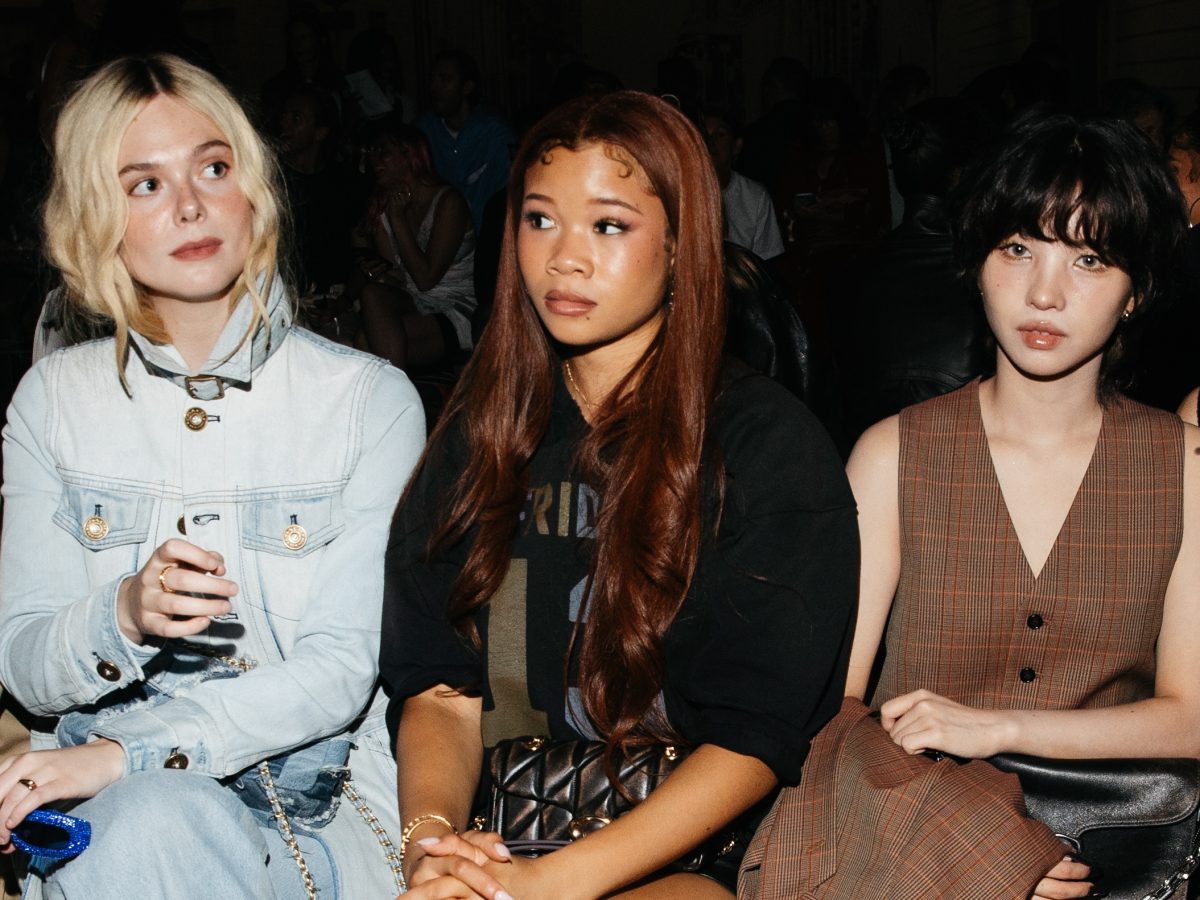
As summer officially comes to a close, the world looks ahead to the rest of the year with a significant focus on fashion. The highly anticipated New York Fashion Week is here, offering fashion enthusiasts around the globe inspirational trends to follow in the upcoming seasons. Social media creators are preparing their audiences for the exciting events to come, and it’s clear that Gen Z is particularly engaged with Fashion Week through social media, fostering an online community that passionately celebrates the event. This raises an interesting question: Does Gen Z still care about Fashion Week? Yes; many young consumers in Gen Z are deeply influenced by these issues and have developed a strong desire to live in the moment, often choosing to spend their money on experiences rather than not attending at all. However, they also have developed a high interest in social issues that may impact their participation in future fashion events due to lack of inclusivity and sustainability practices that exist within some major fashion brands.
In contrast to older generations, Gen Z is becoming less aligned with global brands and celebrity culture. This shift prompts an important question: Has the rise of social media influenced how people engage with traditional fashion metrics? The answer is yes. Studies show that Generation Z enters the luxury market as early as age 15, which is three years earlier than Millennials, largely due to their early access to social media.
One might wonder: Can Gen Z consumers remain interested in fashion shows in a world where trends appear to be fleeting? The answer is yes, but younger consumers have higher expectations. This requires luxury brands to adapt their social media messaging and to integrate politics and inclusivity into their clothing lines.
Many major brands are having difficulty integrating effective marketing techniques to engage Gen Z consumers on social media. As a result, the fashion industry faces a growing dilemma: it risks losing the interest of younger generations, who will soon become the dominant force in retail. This shows a direct correlation into how social media’s influence has caused younger consumers to shift away from traditional luxury brands and celebrity endorsements. Instead, they are discovering new brands through their peers and micro-influencers. Rather than attending runway shows, Gen Z utilizes social media platforms to critique fashion houses based on their positions on political issues, environmental sustainability, and inclusivity. A report by Civic Science indicated that Gen Z is less interested in fashion magazines and blogs; instead, they prefer engaging with influencer-driven content.
These influencers often promote brands that align with Gen Z’s values of inclusivity, strongly emphasizing connections to broader cultural and social messages, especially those related to politics and community. This trend suggests that the future of fashion may increasingly rely on digital platforms, peer influences, and brands that effectively communicate their values to consumers. However, how can brands utilize this perspective to their advantage? Brands can leverage the unique perspective of micro-influencers to their advantage by creating more opportunities for them to fully experience Fashion Week. This can be achieved by partnering with micro-influencers through dedicated sponsorships, influencer programs, and brand ambassador opportunities not only micro-influencers but even for recent high school graduates, undergraduates, and graduate students. Such initiatives not only benefit the influencers but also the next generation of fashion enthusiasts by offering lucrative financial opportunities and chances to network within the fashion industry. By granting influencers special access to fashion shows, backstage areas, and after-parties, brands can encourage influencers to advocate to their audiences about these brands and foster a deeper connection with the culture surrounding Fashion Week.
Another factor brands must consider is ensuring that Gen Z’s values of sustainability, affordability, inclusivity, and positivity are properly represented throughout their marketing. Many consumers have often criticized Fashion Week for its environmental impact and lack of diversity, sparking debates on social media among future consumers. Younger shoppers are more aware of the ethical and environmental ramifications that some luxury brands have, often leading them to seek sustainable alternatives like thrifting and eco-friendly brands rather than traditional luxury houses.
With Gen Z’s purchasing power accounting for $9.85 trillion in global spending, brands must consider the impact of this growing demographic during Fashion Week events worldwide. Since Gen Z tends to prefer discounted and fast-fashion retailers, many luxury brands struggle to capture their interest. According to Statista, platforms like TikTok have also influenced young consumers’ shopping habits, creating a shorter lifespan for trends and fostering a desire for continually changing fashion aesthetics. Brands have observed that Gen Z favors traditional clothing and accessories stores over department stores. How can they redirect their focus to encourage young consumers to invest in luxury brands?
To reshape luxury brands’ impact on this demographic and encourage greater engagement during these events, brands should focus on creating more immersive retail experiences that cater to the preferences of tomorrow’s customers. Some luxury brands have successfully implemented this approach by collaborating with more accessible brand franchises and hosting pop-up events. These events foster a sense of community among future buyers, creating memorable moments that lead to an authentic and exclusive shopping experience. To ordinary customers, these pop-ups feel as valuable as high-priced purchases. By incorporating inclusive events, they allow customers and aspiring customers to develop a sense of brand loyalty. More luxury brands should embrace this approach to better meet the needs of younger consumers. As times change, fashion brands need to hold themselves accountable by providing sustainable clothing options, improving their social media communication, bringing more inclusive clothes to the forefront of these luxury brands, and creating more inclusive experiences for the average Gen Z shopper and admirer of Fashion Week.